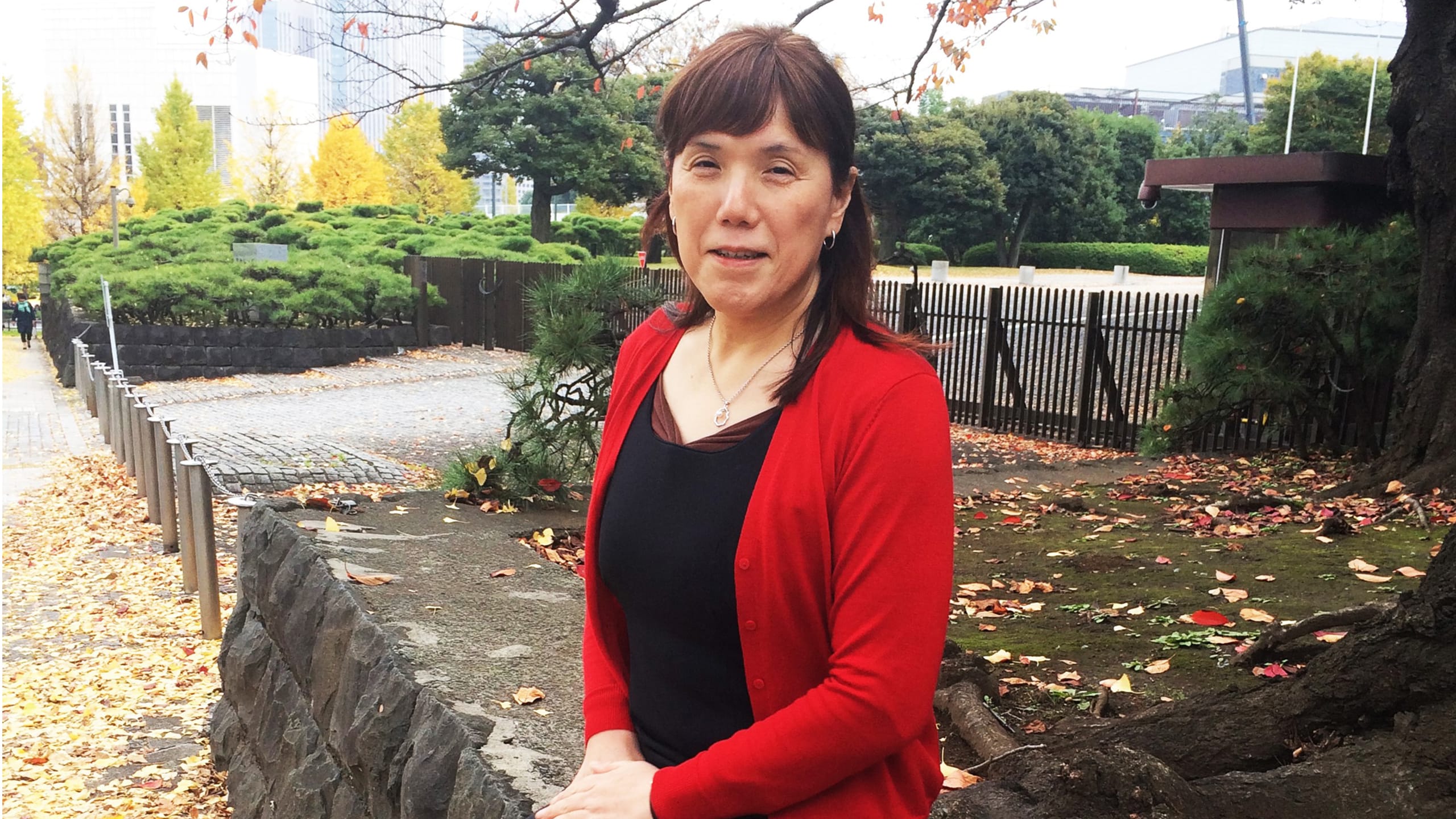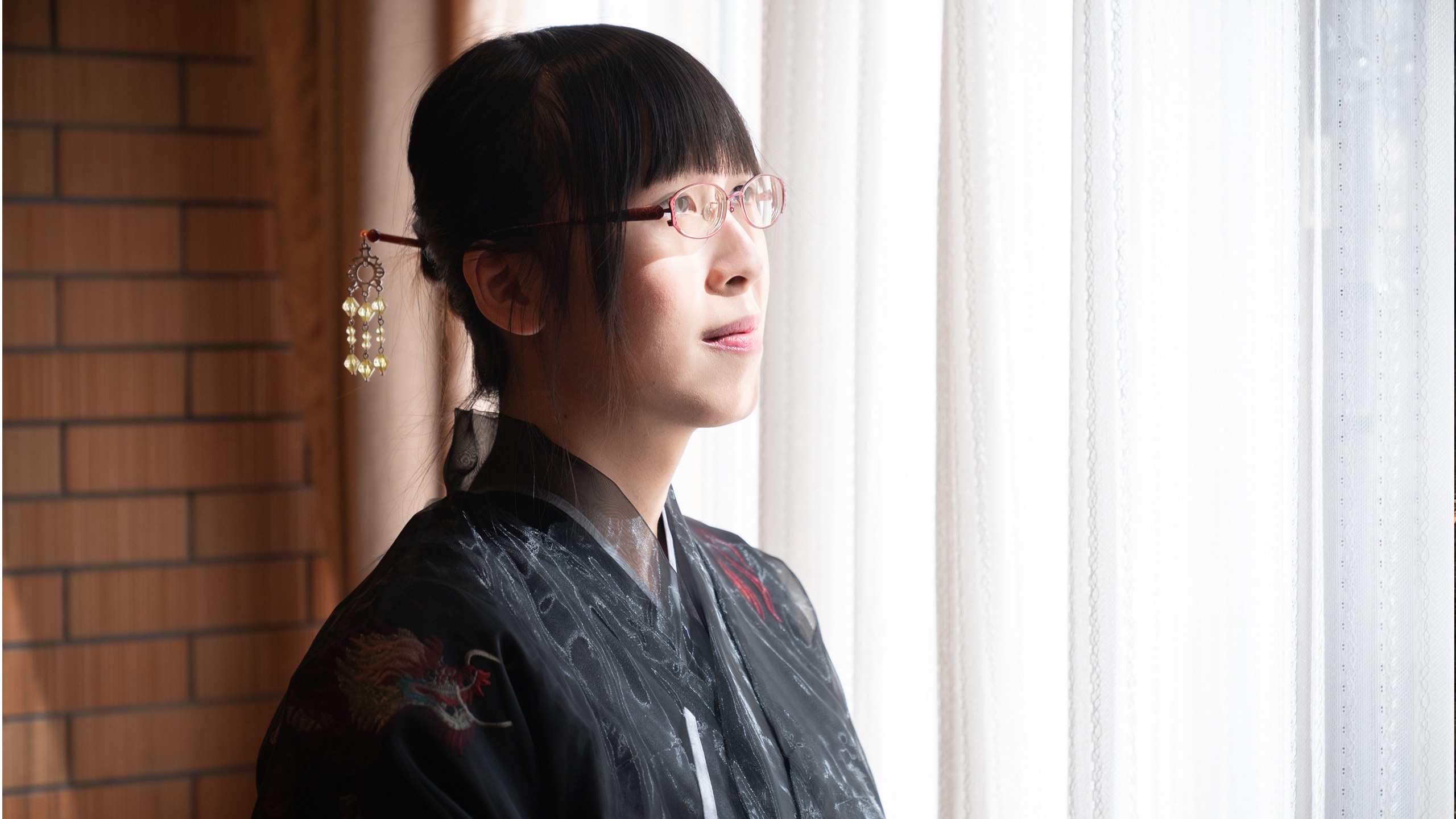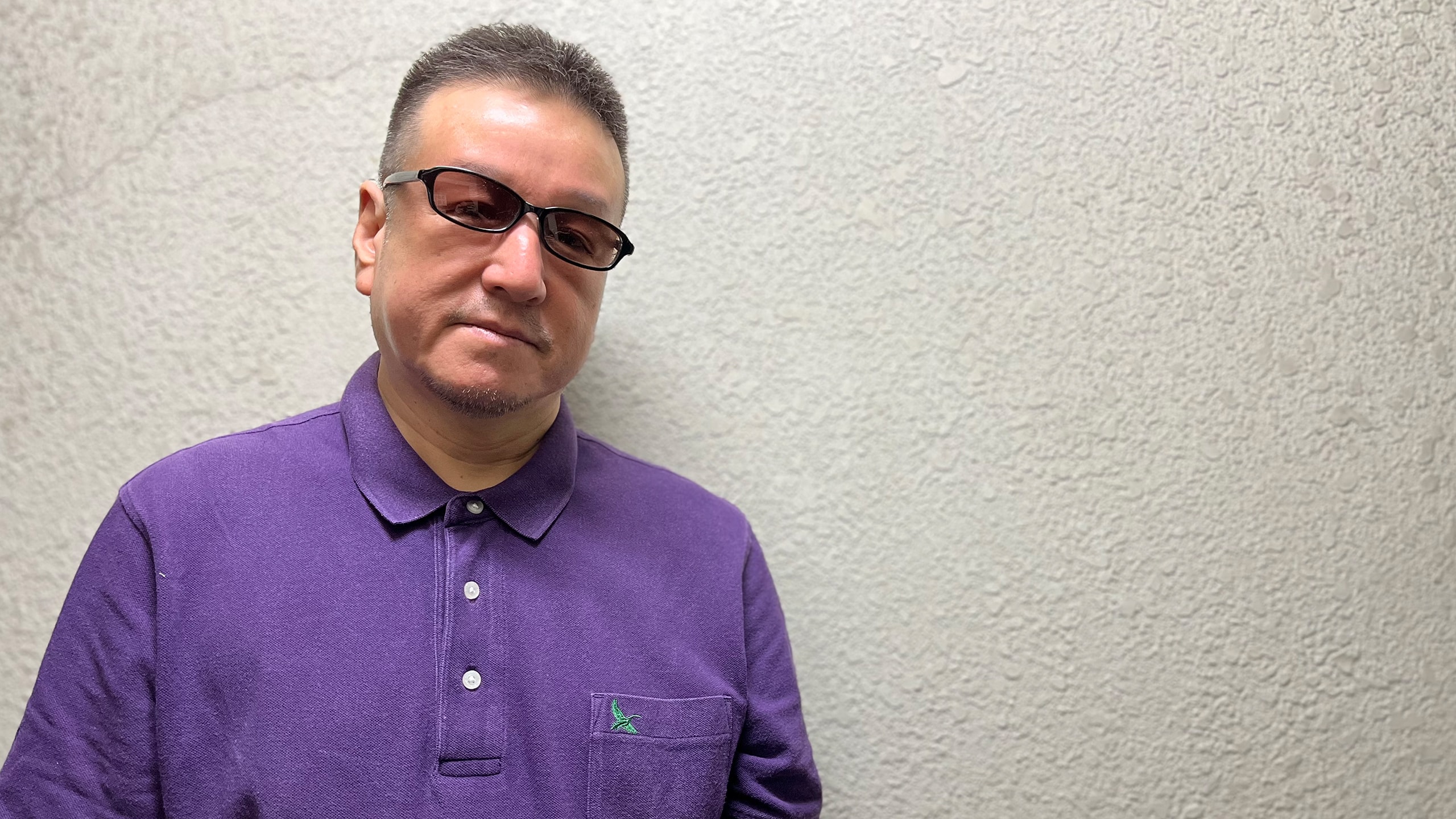At each store, the familiar regimented rows of Aesop formulations disappear from the shelves to make way for an ephemeral display of almost sixty titles—from novels to poetry collections and memoirs—curated by Aoi Yasuda, founder of a monthly literary salon that celebrates queer voices. Encompassing a diverse range of writers, the library reveals how queer literature has evolved to reflect the myriad experiences within the community. Guided by the recommendations of Aesop’s bibliophiles, visitors are invited to take home a complimentary book of their choice, with no purchase necessary.
The Aesop Queer Library
Amplifying queer voices
An ephemeral collection of books by LGBTQIA+ authors makes up the first Japanese edition of the Aesop Queer Library—at Aesop Shinjuku, Tokyo from 12 to 16 October, and Aesop Shinsaibashi, Osaka from 20 to 24 October. Now in its second year, the initiative is founded on a belief in the transformative power of queer storytelling—its ability to broaden minds, embolden individuals and unite the community and its allies.
Thank you for visiting this year’s edition of the Aesop Queer Library; hopefully the book you took home proved an inspiring read.
The feedback we have received has been most valuable and will help us improve events like this one. It was a pleasure to host you, and we look forward to seeing you again soon.
The reading list
The collection includes titles that span several genres and a multitude of voices, including Summer Promise by Chiya Fujino, A Hundred Years of Melancholy by Noriaki Fushimi, and The Island Where The Spider Lily Blooms by Kotomi Li—below, these writers share their thoughts on the importance of queer storytelling and representation in the arts.
Chiya Fujino on observing life through literature
Chiya Fujino is the award-winning transgender author of Summer Promise, Afternoon Timetable and Chatty. A Fukuoka native, Fujino turned her attention to writing in the 1990s. Echoing fragments of her personal journey, her work explores the human condition through the lens of minorities and the social mores of modern-day Japan.

What role have queer stories played in your life? Literature kept me going during a period of great loneliness; I felt heartened to find stories of characters with similar problems. The ‘worlds’ that I inhabited often reflected the minority experience; however, the narratives opened my eyes to the universality of life, rather than the differences of being queer. What can artistic institutions do to amplify marginalised voices? Each of us is doing our part by sharing perspectives on the non-heteronormative experience; it is important to sustain the momentum even when things are difficult. Why do you think the arts are such an important cornerstone for the queer community? Anyone can appreciate beauty, but in order to express this in words on paper, one needs to have confidence in their inner voice.
Kotomi Li on empathy and finding community
Kotomi Li was born in Taiwan in 1989 and has lived in Japan since 2013. She is a writer and translator, working in Chinese and Japanese. In 2017, she published her debut novel, Solo Dance—written in Japanese, her second language—which was awarded the 60th Gunzo New Writers’ Prize for Excellence. Having found her voice on paper, she covers topics that span gender identity, language and culture.

What questions would you like readers to ask themselves as a result of reading your work? There is a tendency to overlook the diversity of the human experience when one is too focused on the day-to-day, which I am guilty of as well. Literature enables us to meet people whom we otherwise wouldn’t have met, see things beyond our horizons, and become aware of new thoughts and ideas. Indulging in reading and imagining the lives of characters often leads one to wonder: what do we even know about the world? Do we have faith that what we believe is true? To what extent are we able to relate to others’ pain, worries and suffering? I truly hope that these questions come to mind and lead readers to think beyond themselves. What role have queer spaces played in your life? They are integral to my being; they are places where I could seek knowledge, self-expression and companionship—things that nourish one’s existence. Bookstores, in my experience, were a source of learning; later they provided a stage for my voice to be heard. Queer communities, such as sexual minority groups at university, lesbian bars in Shinjuku Ni-chome, LOUD in Naka ward and SHIP in Yokohama, all fostered a sense of belonging. Queer spaces have provided an escape from my loneliness and given me the strength to survive. My novel Porarisu ga furisosogu yoru (The Night of the Shining North Star) is a glimpse into the queer community, and in particular Shinjuku Ni-chome, a place that I hold dear. Who has been a powerful or inspirational queer writer for you? Kaho Nakayama comes to mind. Although her work has shifted away from LGBTQIA+ narratives, I believe her earlier novels should be regarded as classics of Japanese lesbian literature. A novelist of a similar generation is Akira Ohtani, who openly identifies as lesbian. Her oeuvre is wide-ranging and clearly takes a stance against discrimination.
Noriaki Fushimi on thinking outside the box
Author and gay rights activist Noriaki Fushimi is an enduring voice for the queer community. His first book, Private Gay Life, was published in 1991 and reflects on homosexuality in Japan. Alongside a three-decade-long career in writing, Fushimi has guest-lectured at Kyoto University, the University of Tokyo and Waseda University, among other institutions.

What books from the LGBTQIA+ literary canon have influenced you? I'm not quite sure what 'queerness' is anymore but I would choose Yukio Mishima’s novels, Mariko Hayashi’s early work, as well as comics by Akimi Yoshida or Moto Hagio as my essential reads. From bookshops to community groups, what role have queer spaces played in your life? To be honest, I have never really considered bookstores as queer spaces. When my debut novel, Private Gay Life, was released in 1991, it was not well received by publishers or major bookstores—which at the time, focused on representing feminist literature. It’s really nice to know that bookstores now make space for queer stories. What questions would you like readers to ask themselves as a result of reading your work? I usually write for myself, so I often just hold on to the hope that there are others out there that can relate to my novels.
